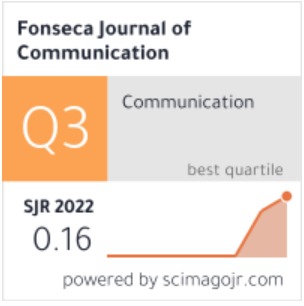A STUDY ON THE REVISION OF ADOLESCENT ACADEMIC BURDEN ATTITUDE SCALE
Guoliang Deng
PhD, Krirk University, International College, Bangkok, Thailand
Abstract
Background: The problem of excessive academic burden among adolescents has been hindering the implementation of quality education, and the effective measurement of adolescents’ attitudes towards academic burden is particularly important for later research. Objectives: To revise the Academic Burden Attitude Scale so as to increase its convenience for future scholars. Methods: The questionnaire survey method was used to distribute and collect the Academic Burden Attitude Scale compiled by Zhang Feng et al., and 500 (boys = 301, girls = 199) middle school students in Sichuan, China were distributed and collected by exploratory factor analysis. Validation factor analysis was conducted to distribute and recycle 300 (boys = 179, girls = 121) middle school students in Sichuan, China. Results: Through the revision of the Academic Burden Attitude Scale, the Academic Burden Attitude Scale was finally obtained, which consisted of three subscales and a total of 35 items. There were four common factors with a root greater than 1 (1.004 - 4.140) in the cognitive component of academic burden attitude, and the cumulative contribution rate of the scale was 73.703%. The emotional component of academic burden attitude showed three common factors (1.198 - 4.034) with characteristic roots greater than 1, and the cumulative contribution rate of the scale was 73.094%. There were four common factors (1.054 - 4.538) with characteristic roots greater than 1, and the cumulative contribution rate of the scale was 72.236%. The overall reliability of the revised Academic Burden Attitude Scale was 0.929 and the halving coefficient was 0.815, indicating high reliability. The confirmatory factor analysis of AMOS 22.0 was used in each subscale of the questionnaire, and the structural validation analysis values reached the significance standard (P <0.001), and the fitting indicators of goodness reached the suitability standard. Discussion: The 35-item version of the Academic Burden Attitude Scale revised in this study meets the relevant statistical standards and can be used as an evaluation tool for related studies.















